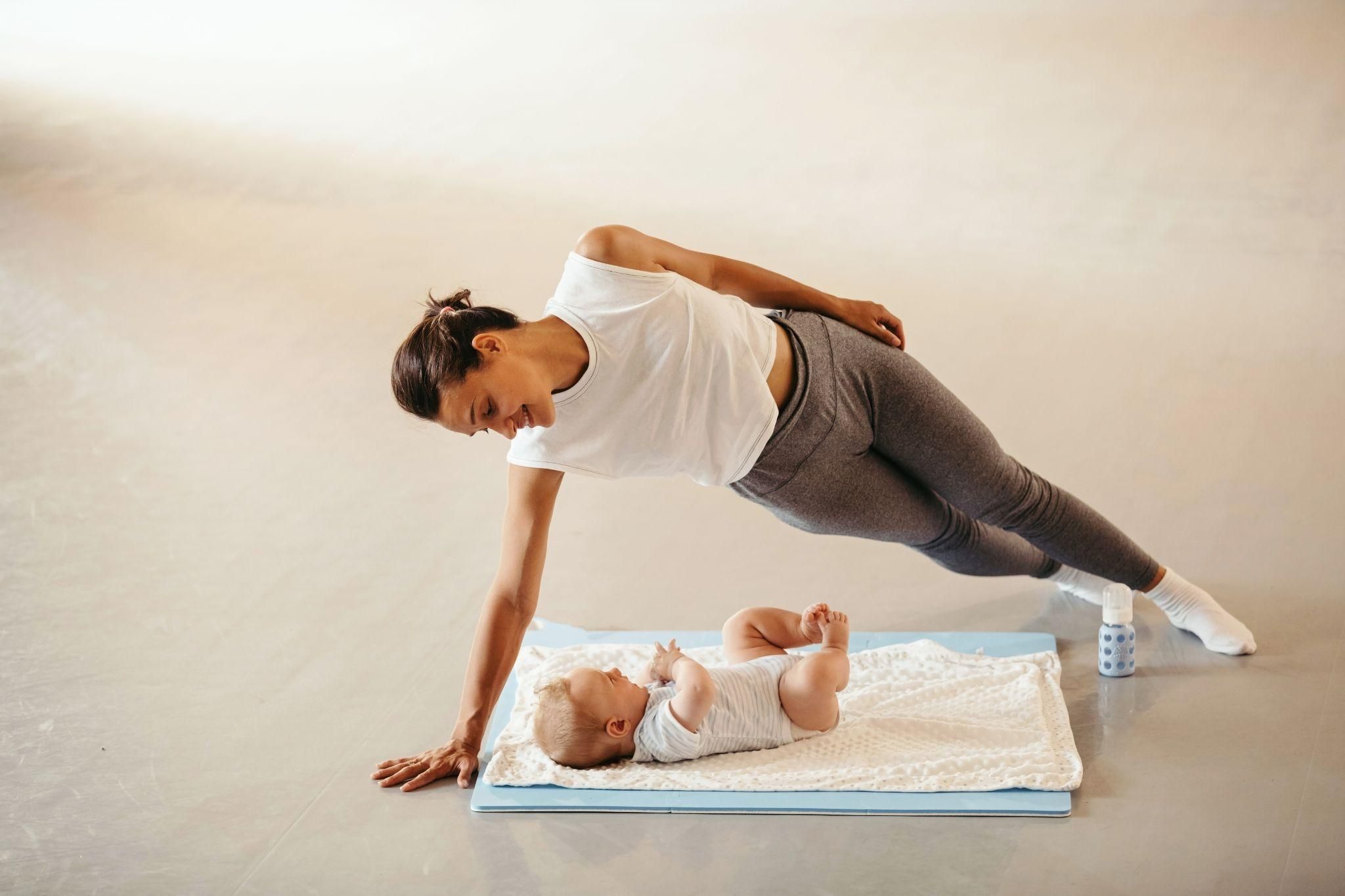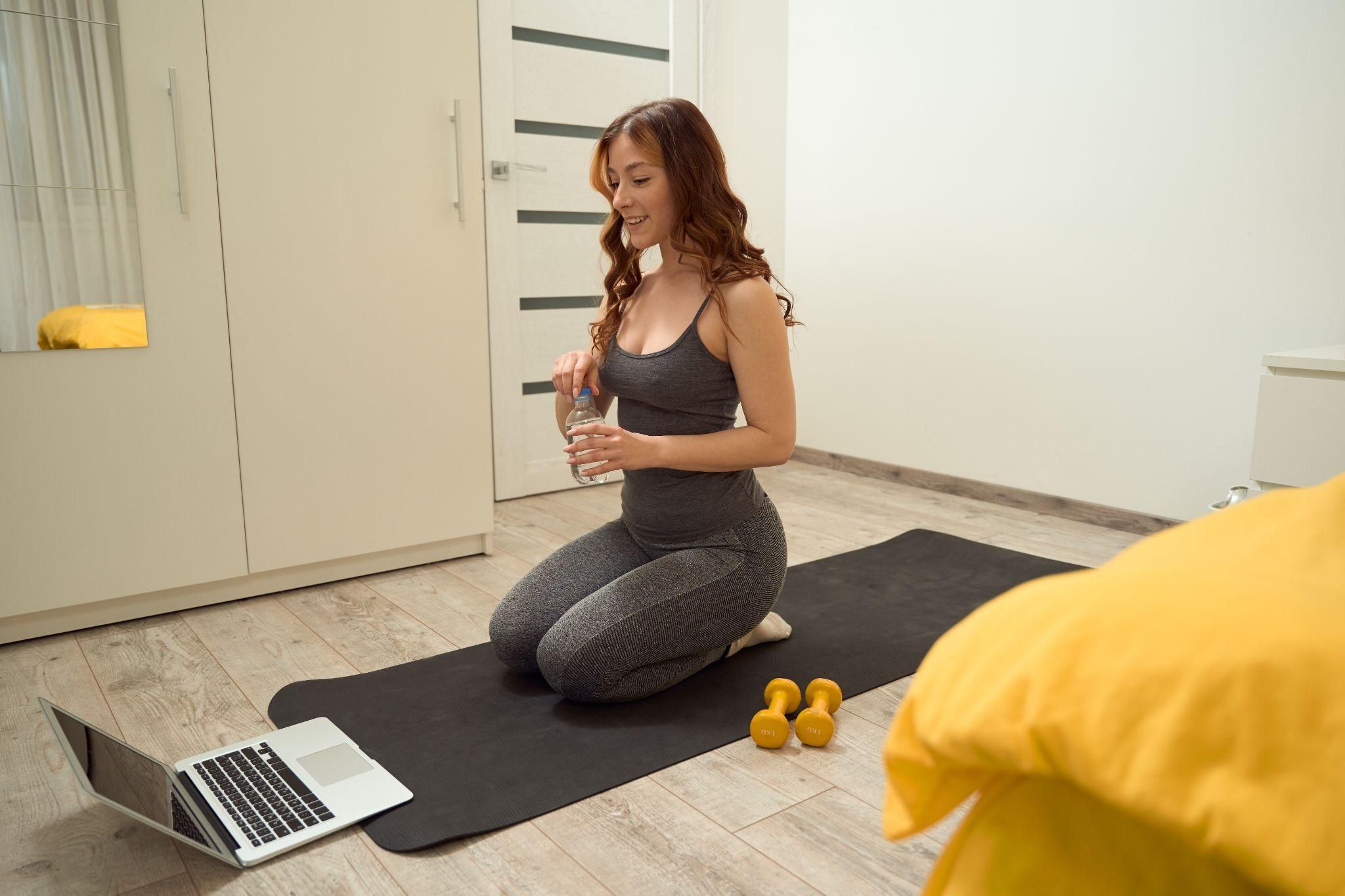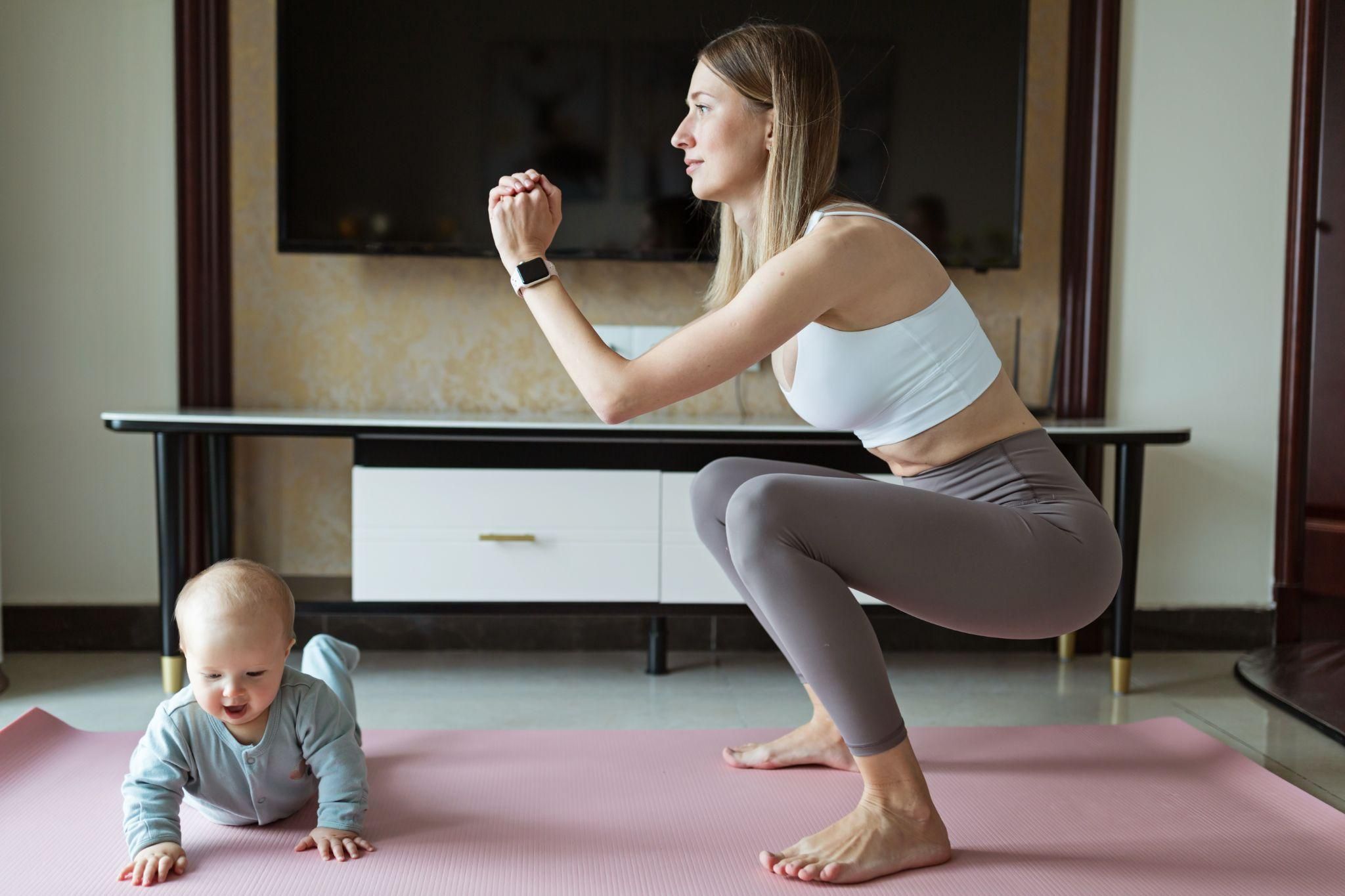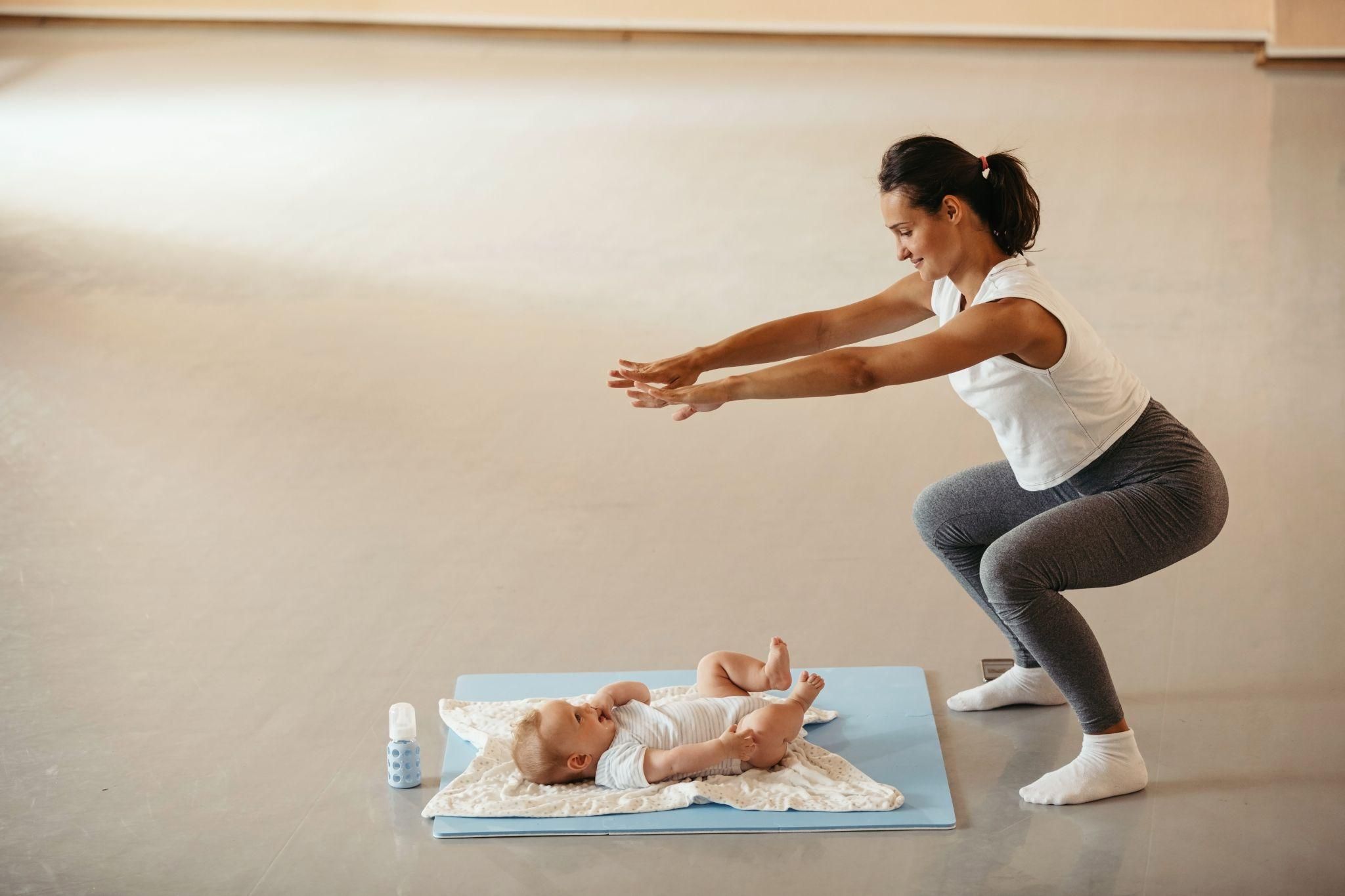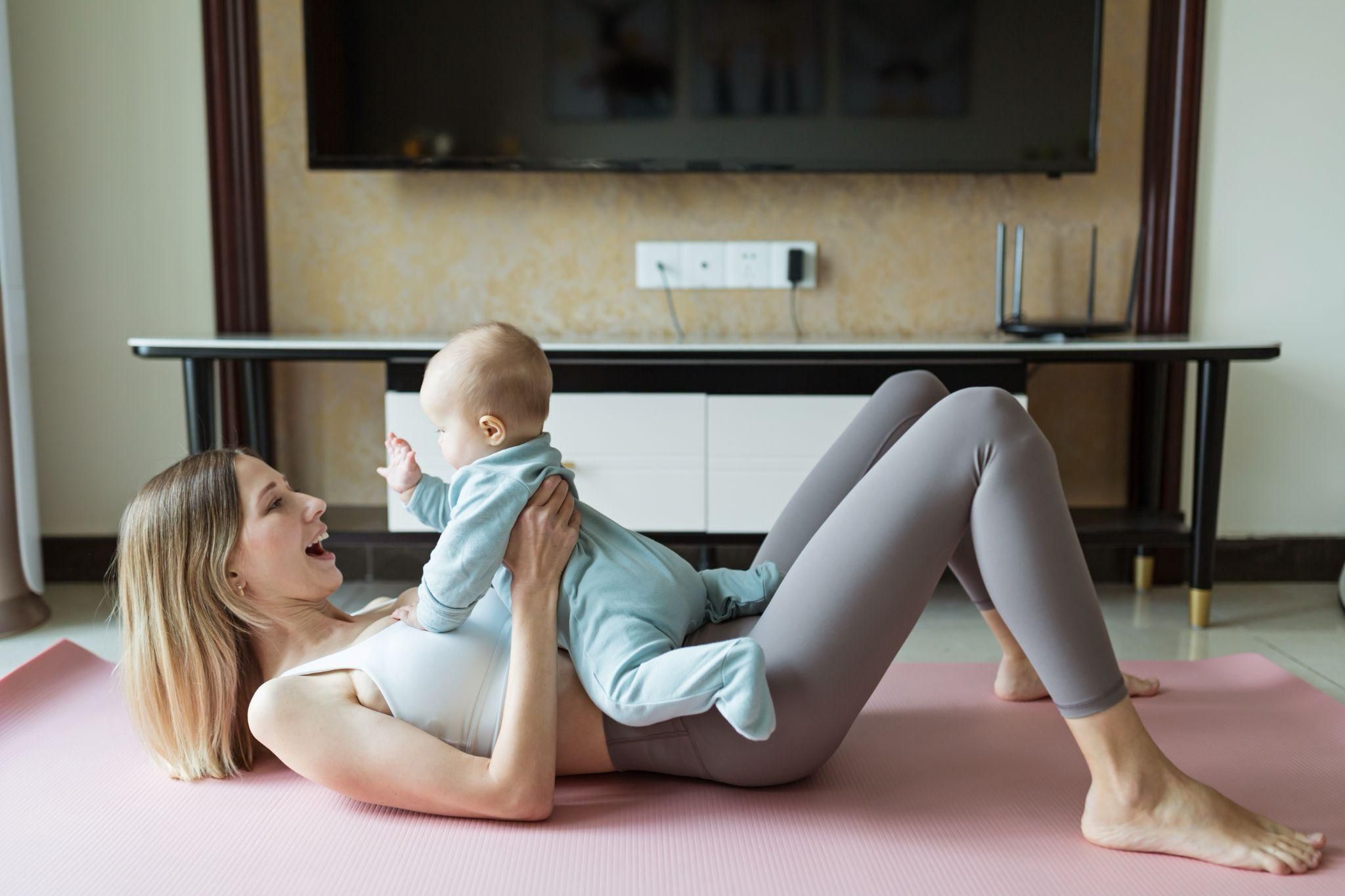Introduction: The Challenge of Post-Baby Body Comments
After giving birth, new mothers often experience a wide range of physical and emotional changes. From weight fluctuations to changes in skin tone, many women find themselves adjusting to a new version of their bodies. While this transition is deeply personal, the opinions of others can make it even more challenging to cope with these changes.
People are often quick to offer their thoughts on your post-baby body, whether it’s about how you look or their suggestions for how to get back to your “pre-baby” shape. These comments, while often well-intentioned, can leave you feeling self-conscious, frustrated, or even hurt. Learning how to handle these comments with grace—and even use them as an opportunity to assert your self-worth—can be an essential part of your postpartum recovery.
In this article, we’ll explore how antenatal care and mental wellness strategies, combined with physical fitness and relaxation, can help you cope with the comments on your post-baby body. We’ll provide practical tips on handling unsolicited opinions and encourage a positive outlook on your journey toward reclaiming confidence.
Understanding the Impact of Post-Baby Body Comments
Comments on your post-baby body can come from all angles—family, friends, strangers, or even social media—and they often come when you least expect it. The truth is, these remarks can have a lasting impact on how you feel about yourself and how you view your body.
The Psychological Toll of Post-Baby Comments
While some comments may seem harmless to the person making them, they can significantly affect your emotional well-being. Comments about weight loss, body shape, or how quickly you “bounce back” after childbirth can reinforce societal pressures and unrealistic standards. The emotional toll of these remarks can trigger negative self-talk, stress, and anxiety.
Recognising that these comments stem from other people’s perspectives—not necessarily from your own truth—can help you detach from them. It’s important to remind yourself that your value is not tied to your body shape or size. Taking time for self-care, both physically and mentally, is critical in managing your reactions to these remarks.
Acknowledging Your Body’s Journey
Your body has gone through a significant transformation, and understanding that it is still recovering can provide a sense of empowerment. You’ve carried and nurtured a baby, and it’s important to give yourself grace during this period. Antenatal care, including antenatal appointments and regular checkups, prepares you for the physical and emotional changes that come with pregnancy and childbirth. These appointments often include discussions about body changes, helping you understand the post-birth recovery process and providing guidance on how to navigate this period with self-compassion.
Antenatal Support and Postpartum Mental Health
While antenatal care focuses on the physical aspects of pregnancy, it also includes vital mental health support. During your antenatal appointments, it’s essential to address any concerns you might have about postpartum body changes, mental health, or emotional well-being. Many women find themselves struggling with feelings of anxiety, depression, or low self-esteem after childbirth, especially if they are subjected to body-related comments from others.
Mental Health During Postpartum
After childbirth, many women experience “baby blues,” which may include mood swings, irritability, and emotional vulnerability. However, for some, these feelings persist beyond the first few weeks and may develop into postpartum depression (PPD). Mental health support through antenatal education can help you recognise these symptoms early on and seek treatment or therapy as needed.
Talking about your feelings with trusted friends, family, or a therapist can help you feel understood and supported. Joining a postpartum support group or participating in antenatal classes with a focus on mental wellness can also offer a safe space to express your concerns and learn from others who are navigating similar challenges.
Reframing Your Thoughts: From Self-Criticism to Self-Compassion
One of the most powerful tools in handling comments about your post-baby body is shifting your mindset. Instead of internalising negative remarks, try to reframe your thoughts. Practising mindfulness or self-compassion can help you develop a healthier relationship with your body. Remember that every stretch mark, every curve, and every change is a reflection of the incredible journey your body has been through.
Incorporating antenatal support and mental health practices, such as meditation and relaxation techniques, can help strengthen your ability to cope with external pressures and stay grounded in your own self-worth. By focusing on your body’s strength and resilience, you can empower yourself to handle the opinions of others without letting them undermine your confidence.
Post-Baby Fitness and Antenatal Yoga: Reclaiming Strength
When it comes to rebuilding physical strength after pregnancy, antenatal yoga and postnatal fitness play crucial roles. Returning to fitness after childbirth is a gradual process that should be approached with patience. However, engaging in gentle, body-positive activities can help you feel stronger and more confident in your own skin.
The Role of Prenatal and Postnatal Yoga
Many new mothers turn to antenatal yoga and postnatal yoga as part of their recovery process. Yoga during pregnancy can help strengthen muscles, improve flexibility, and increase relaxation. Similarly, pregnancy yoga classes post-birth can aid in rebuilding core strength, reducing stress, and improving overall fitness. These practices are not only beneficial physically but can also provide a mental and emotional outlet for dealing with body image concerns.
Through regular yoga practice, you can cultivate mindfulness, learning to observe your thoughts without judgment. This mental clarity helps you manage emotional responses to negative body comments, shifting your focus from external opinions to inner peace and well-being. Additionally, yoga can increase self-awareness, making you more attuned to your body’s needs and empowering you to take better care of yourself.
Strengthening Your Core Postpartum
After pregnancy, many women focus on strengthening their abdominal muscles, which may have weakened during childbirth. Antenatal fitness classes can guide you through safe, postnatal exercises designed to rebuild core strength. By incorporating gentle movements into your routine, you can gradually restore muscle tone without risking injury. These exercises can also help you regain the strength and energy needed to care for your newborn while boosting your confidence in your post-baby body.
Managing People’s Comments: Practical Strategies
While it’s important to address your own internal feelings about your body, it’s equally essential to handle external comments in a way that protects your mental well-being. Here are some practical tips for dealing with unsolicited opinions on your post-baby body:
1. Set Boundaries
One of the most effective ways to cope with people’s comments is by setting clear boundaries. Politely but firmly let others know that you do not appreciate unsolicited remarks about your body. For example, you could say, “I’m focusing on my recovery right now, and I’d prefer not to discuss my appearance.” Boundaries help you maintain control over the conversation and protect your emotional health.
2. Respond with Confidence
If you do feel the need to address a comment, try responding with confidence. Acknowledge your body’s strength and the incredible journey it has been on. For example, “My body has done an amazing job carrying and birthing a baby, and I’m giving myself time to heal and recover.” This allows you to take ownership of your body and redirect the conversation toward your positive mindset.
3. Don’t Take It Personally
Many times, people’s comments are more about their own insecurities or societal expectations than they are about your body. Remind yourself that their opinions do not define your worth. You are in control of how you feel about your body, and you don’t need anyone else’s approval to feel good about yourself.
Conclusion: Embracing Your Post-Baby Body
The comments on your post-baby body may be inevitable, but how you respond to them is entirely up to you. By incorporating antenatal care, mental health support, and postnatal fitness into your recovery, you can reclaim your strength, confidence, and sense of self.
Remember that your body is a reflection of the incredible journey you’ve undertaken to bring new life into the world. Whether or not others understand this journey is irrelevant—what matters most is how you feel about your body and how you embrace its beauty and resilience.
With self-compassion, mental wellness practices, and a focus on your personal recovery, you can confidently handle the comments of others and continue to grow stronger in both body and mind.
References
- The Ultimate Antenatal Classes
Prepare for labour, birth, and baby care with nine experts, including senior NHS midwives and an award-winning obstetrician!
https://unii.com/en/journey/ultimate-antenatal-classes



